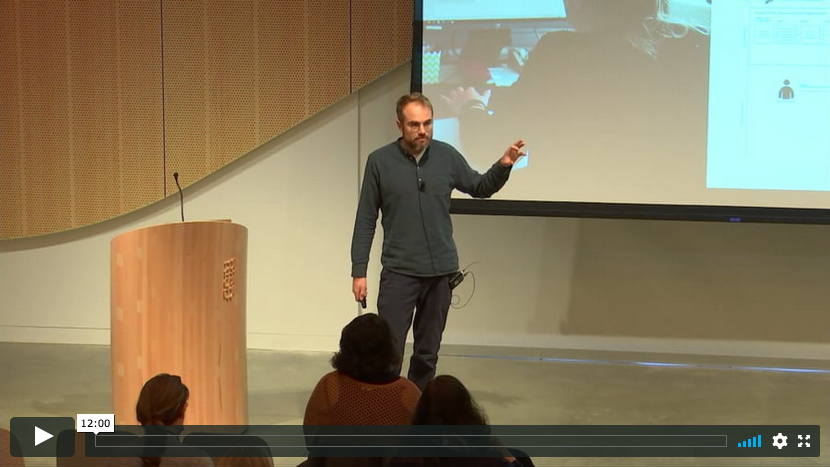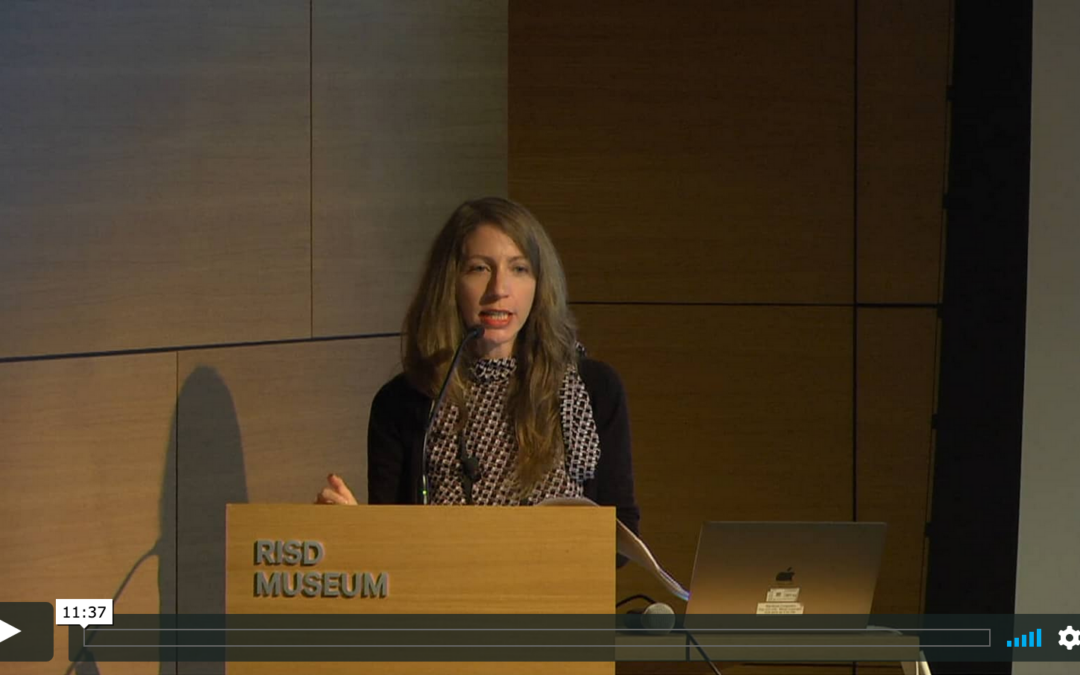GSuite is changing the nature of Knowledge Work across 5 million businesses through AI-powered assistance. To ensure that this evolution reflects the aspirations and priorities of workers, Google and Stripe Partners conducted a multi-national ethnography of Knowledge Workers covering a range of...




